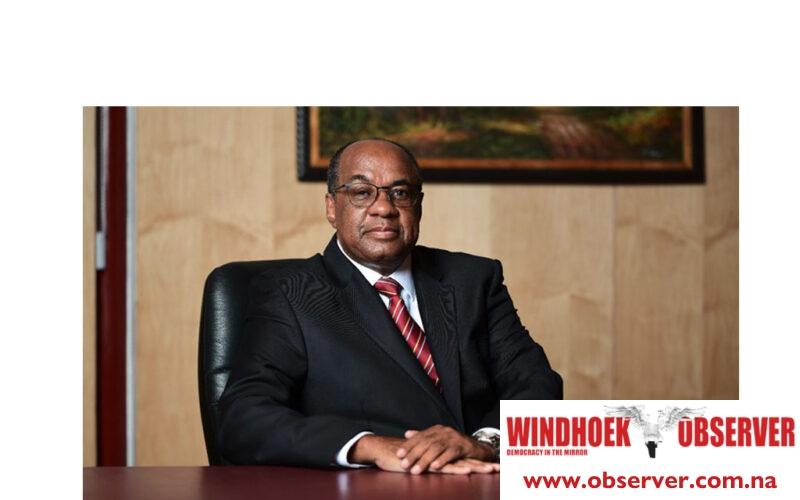Martin Endjala Despite the repo rate holding steady at 7.75 percent, corporate credit uptake remains weak due to the private sector’s reluctance to borrow under the current unfavourable economic conditions, where both economic activity and interest rates fail to stimulate credit demand for businesses.
Economist and Independent Bank Researcher, Josef Sheehama provided this insight in response to the Bank of Namibia’s announcement yesterday regarding the maintained repo rate at 7.75 percent. “Due to market volatility, private sectors are adopting a watch-and-see attitude instead of applying for facilities to invest in businesses.
They are postponing business expansion and opting to restructure current debts until market conditions become favourable,” Sheehama argued. He said that uncertainty has multifaceted adverse effects on lenders. These effects tend to curb loan growth during periods of higher uncertainty when the future of markets in 2023 and 2024 remains uncertain. Sheehama expects the repo rate to remain unchanged for the next two months as Namibia’s inflation rates are projected to reach the midpoint of the inflation target. He also anticipates that the high interest rate will gradually ease off before the end of 2023. However, its impact will continue to hinder the growth of monetary and credit aggregates throughout 2023 and the first quarter of 2024. According to BoN Governor Johannes !Gawaxab, the annual growth in Private Sector Credit Extension (PSCE) slowed further to 2.3 percent in August 2023, down from 3.0 percent in June 2023. This slowdown was attributed to reduced demand and net repayments by the corporate sector, particularly in the categories of mortgages and other loans, advances, and overdrafts. PSCE growth remained subdued over the first eight months of 2023, averaging 2.7 percent compared to 3.5 percent in the same period in 2022. Although the recently released quarterly national accounts data revealed that the Namibian economy expanded by 3.7 percent during the second quarter of 2023, it remained lower compared to the 5.3 percent observed during the first quarter of 2023 and 8.5 percent in the corresponding period of 2022. Despite persistent inflation driven by higher fuel prices, annual inflation increased to 5.4 percent in September 2023 from 4.7 percent in August 2023. The BoN governor noted that the projected average inflation for 2023 has been revised upward by 0.3 percentage points to 5.9 percent, mainly due to the recent surge in domestic fuel prices. However, inflation for 2024 is projected to slow to 4.8 percent. To maintain the peg between the Namibia Dollar and the South African Rand while supporting the domestic economy, the Monetary Policy Committee (MPC) decided to keep the repo rate unchanged at 7.75 percent. This decision was made after a comprehensive review of domestic, regional, and global economic developments, with a particular focus on the strain faced by households and businesses. As of September 30, 2023, the stock of international reserves decreased slightly to N$53.8 billion compared to N$55.6 billion recorded at the end of August 2023 and N$54.2 billion reported at the previous MPC meeting.




